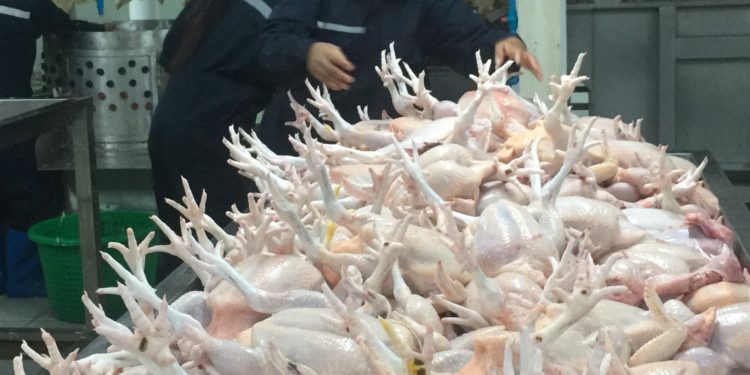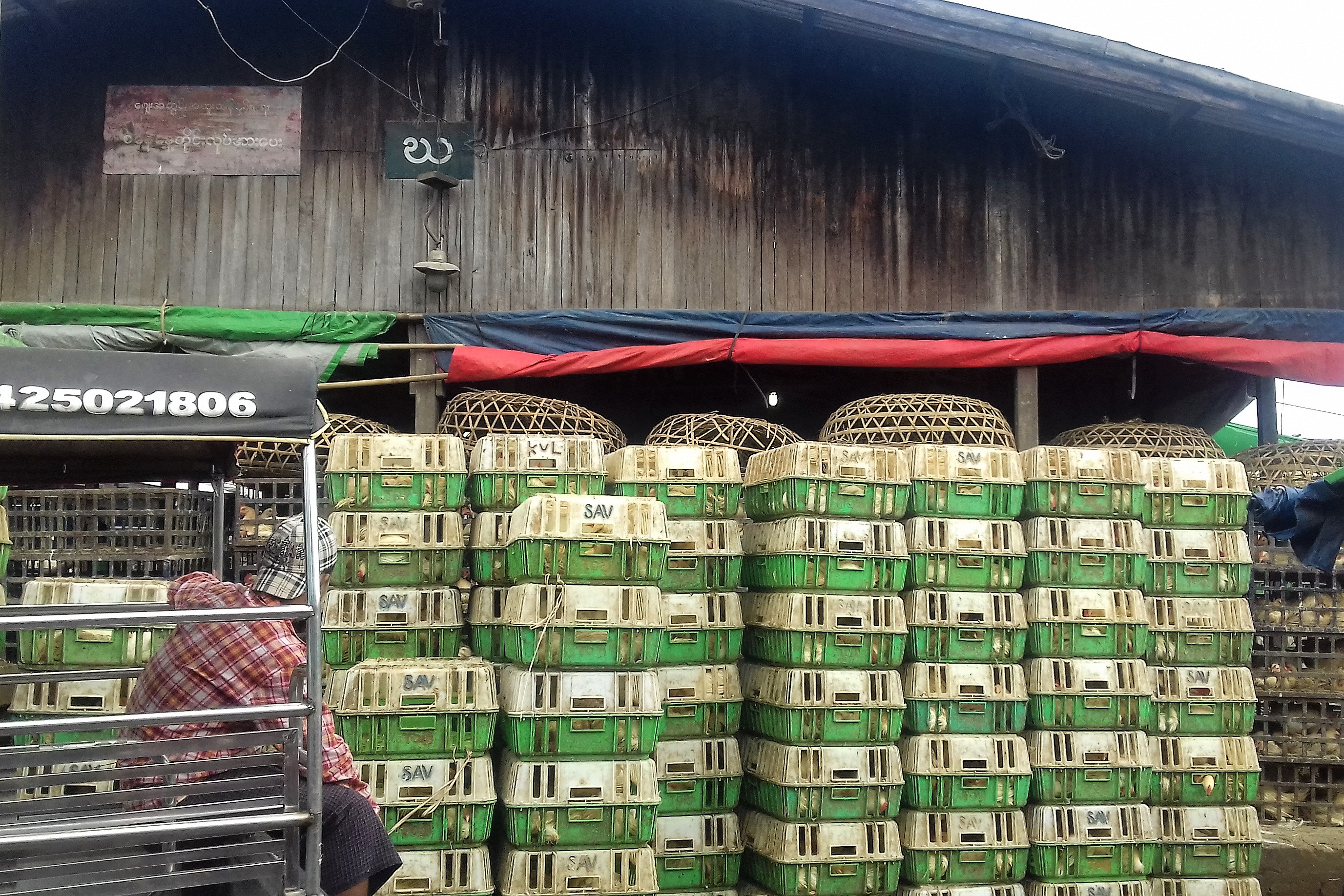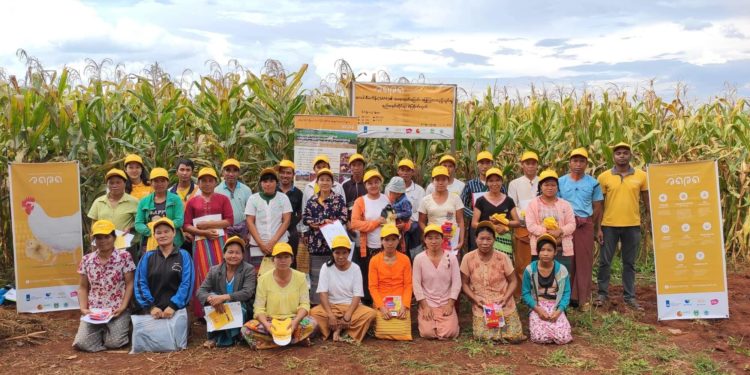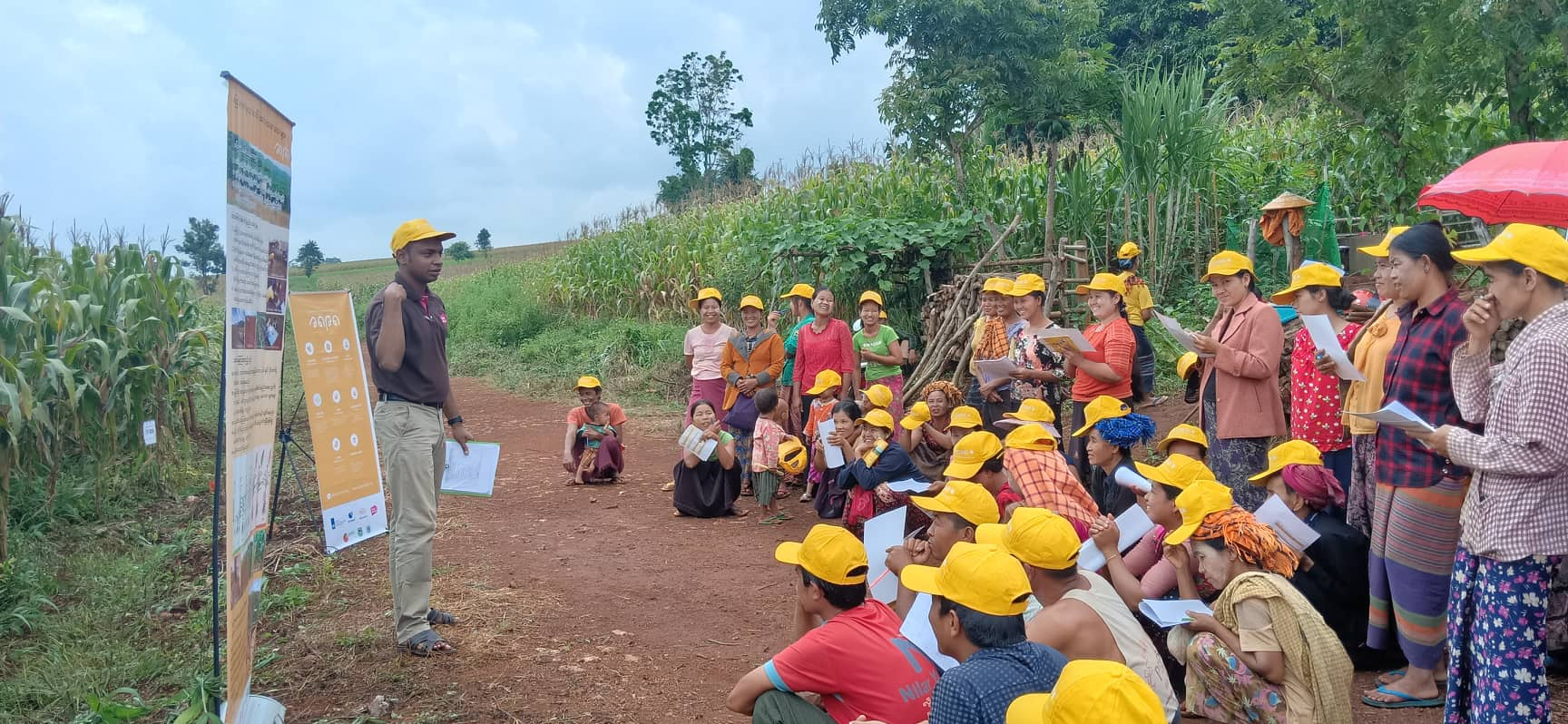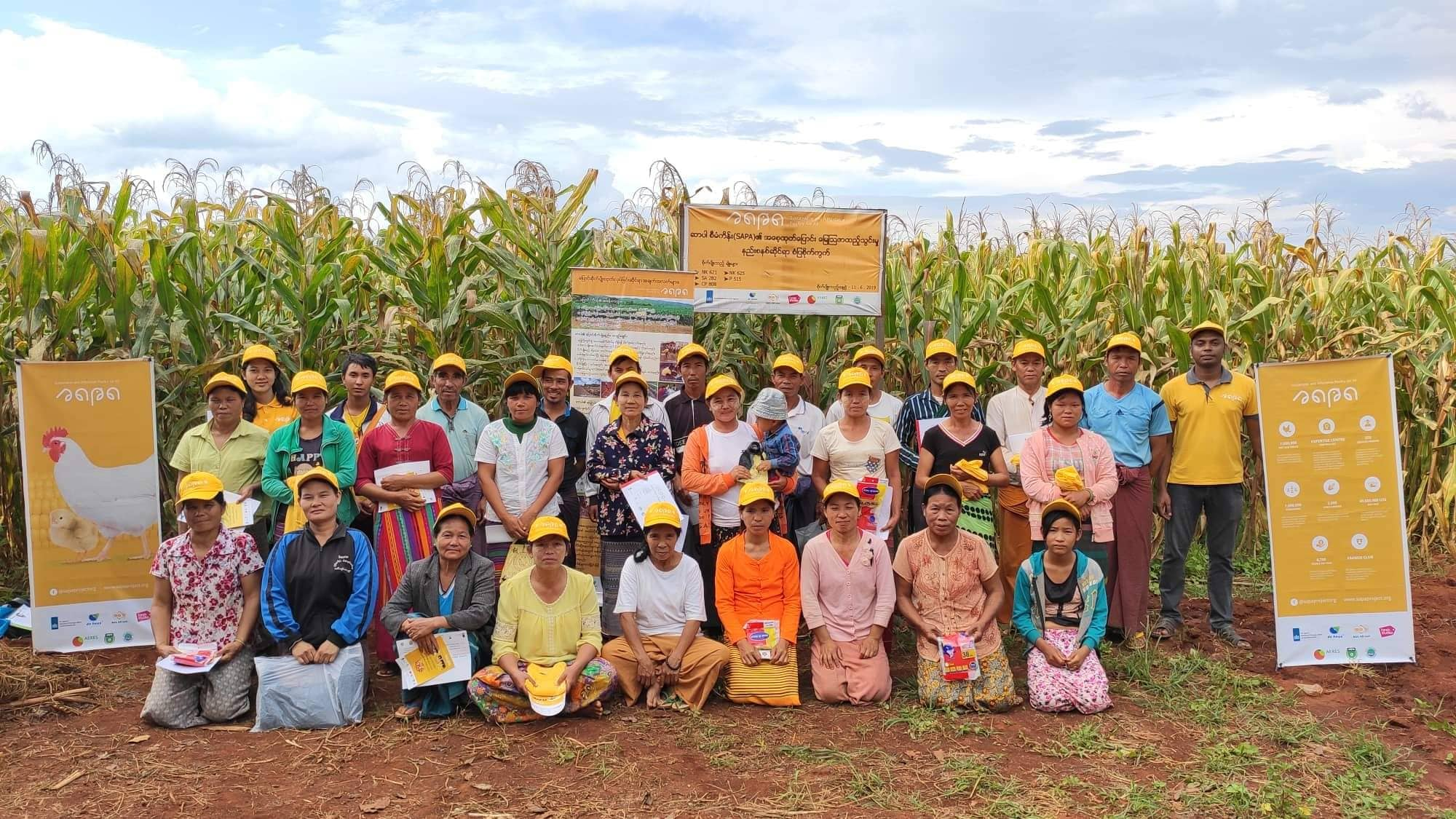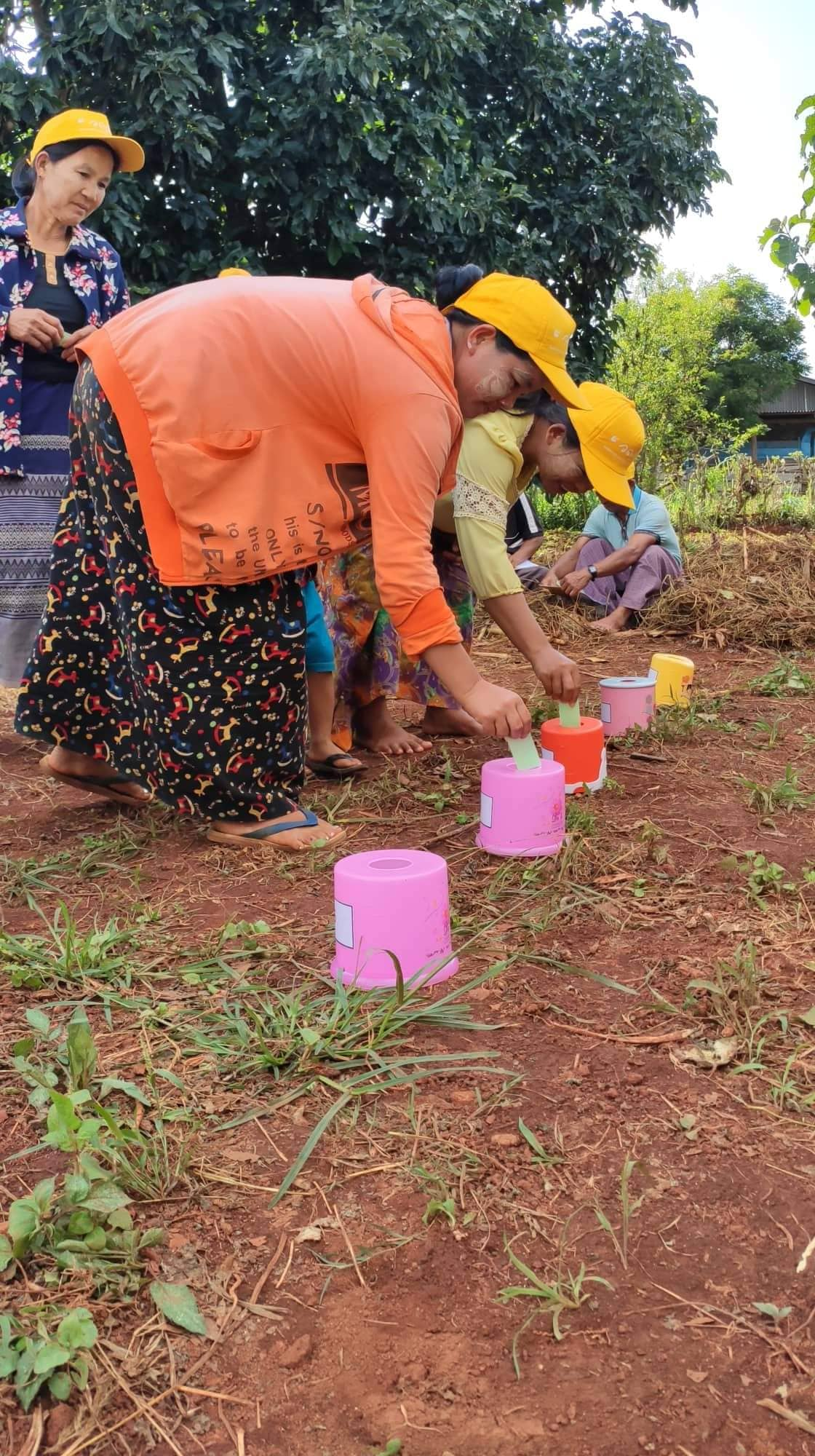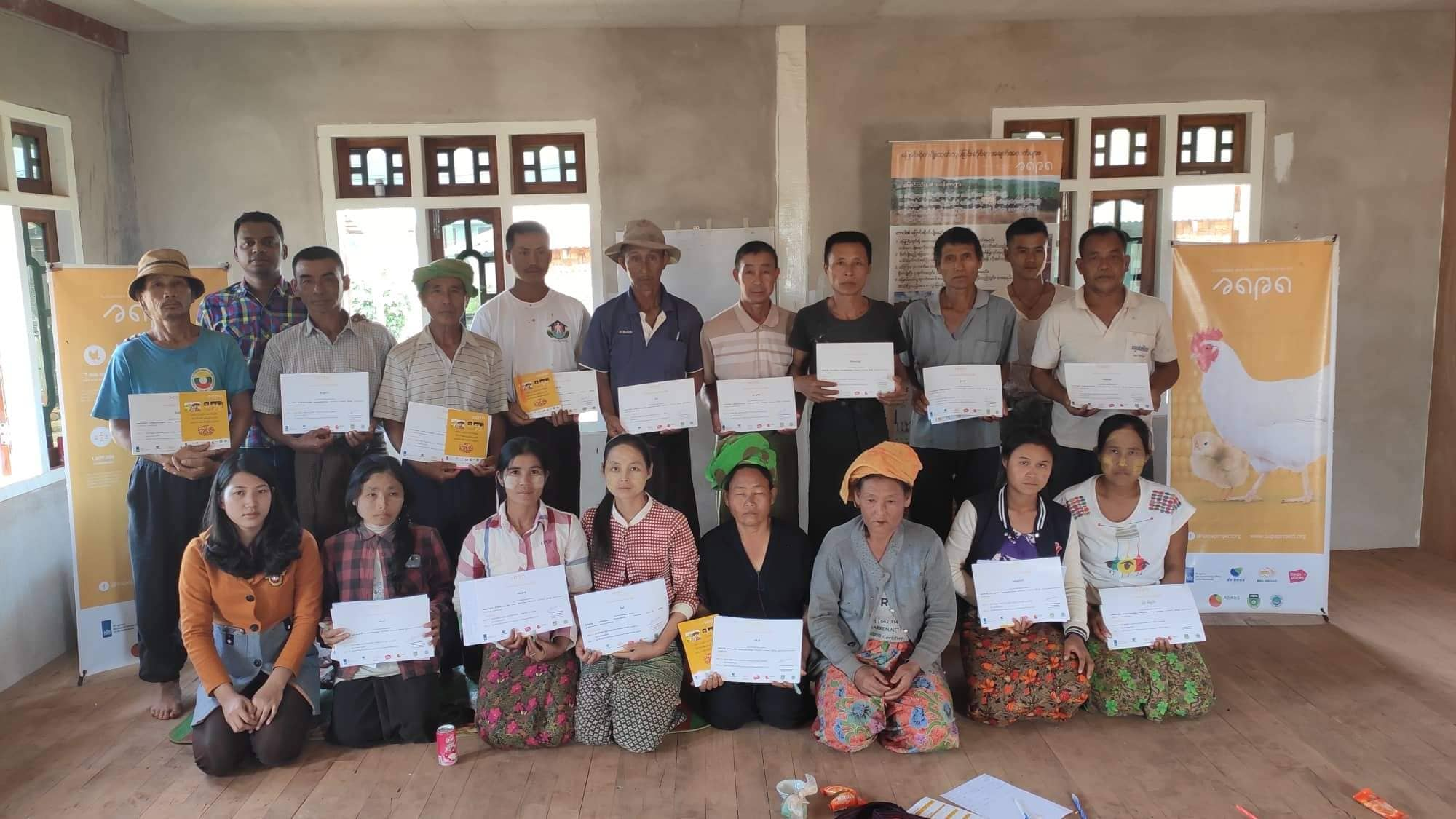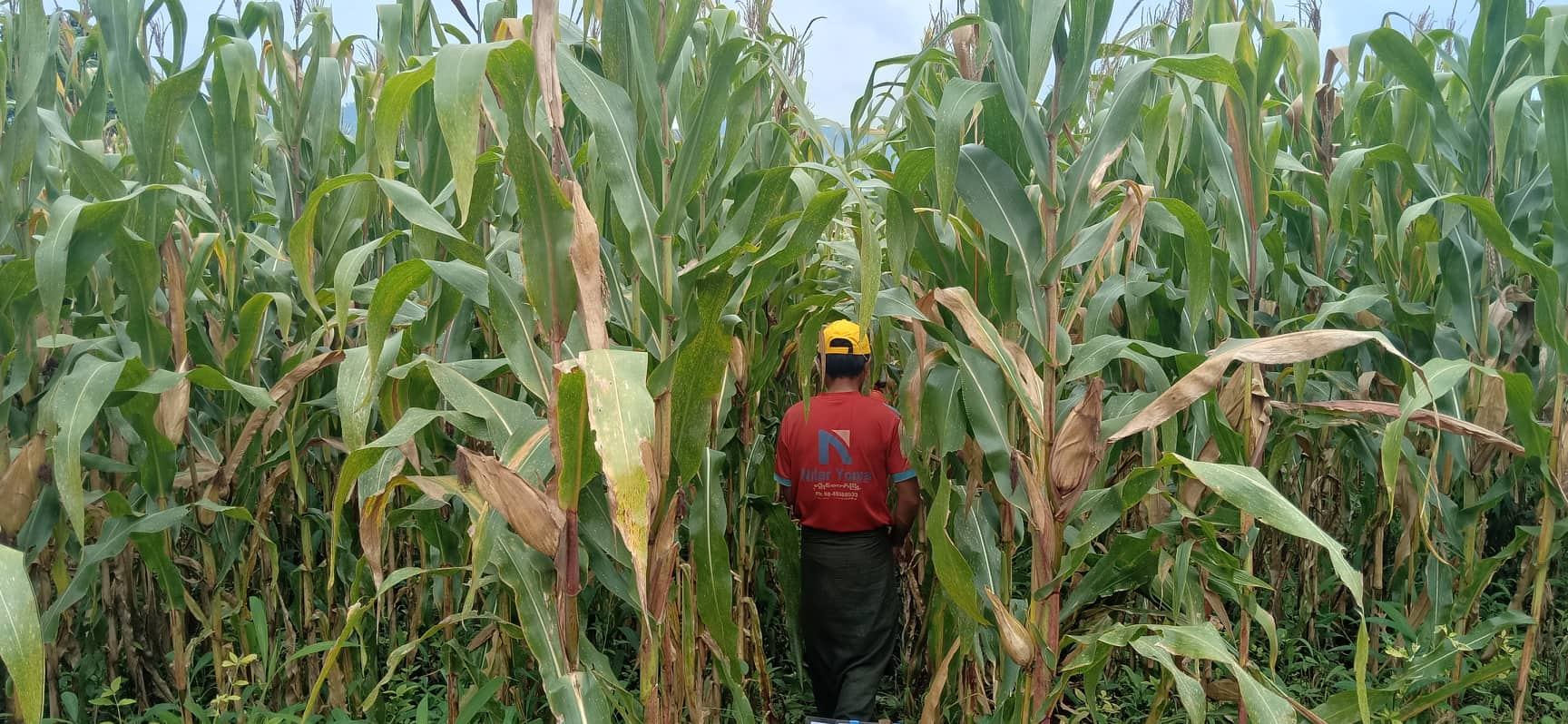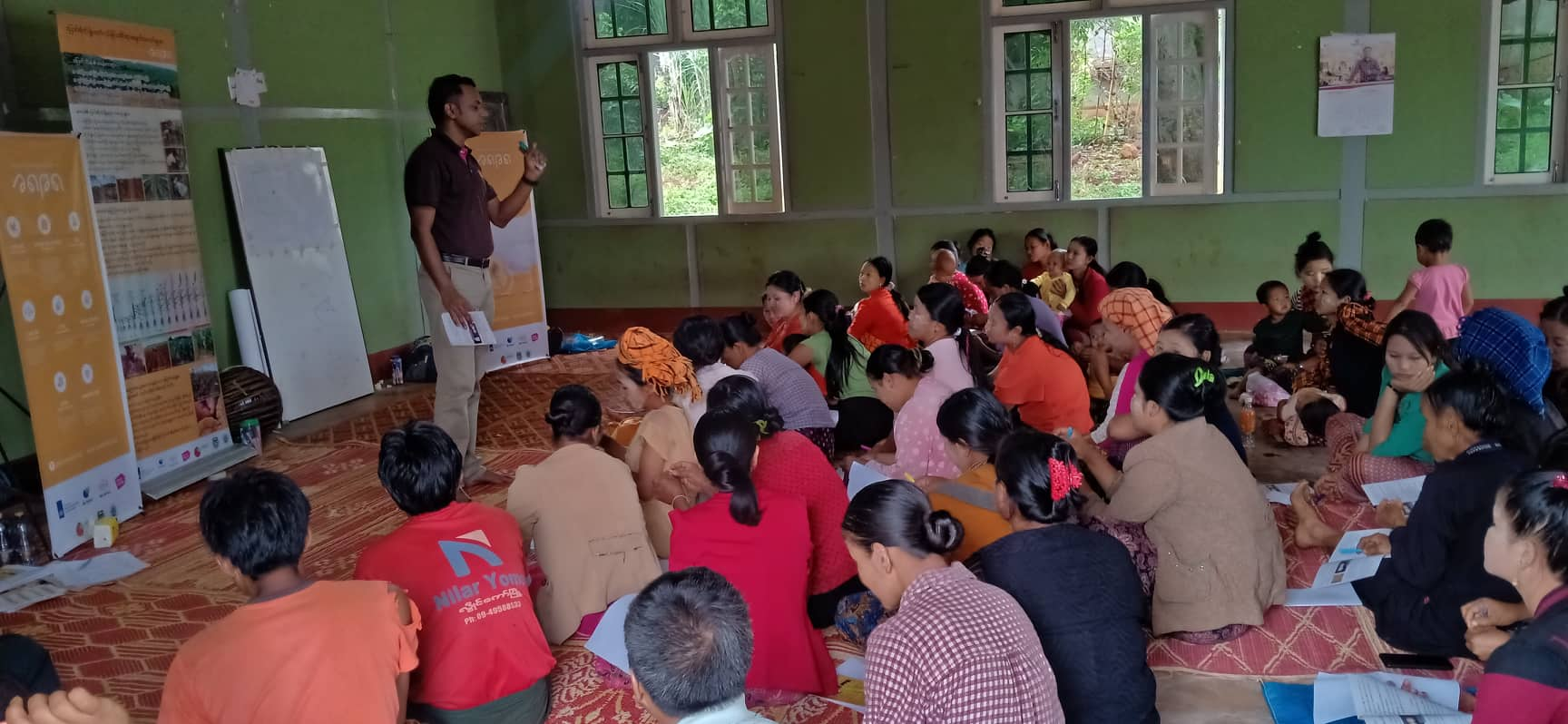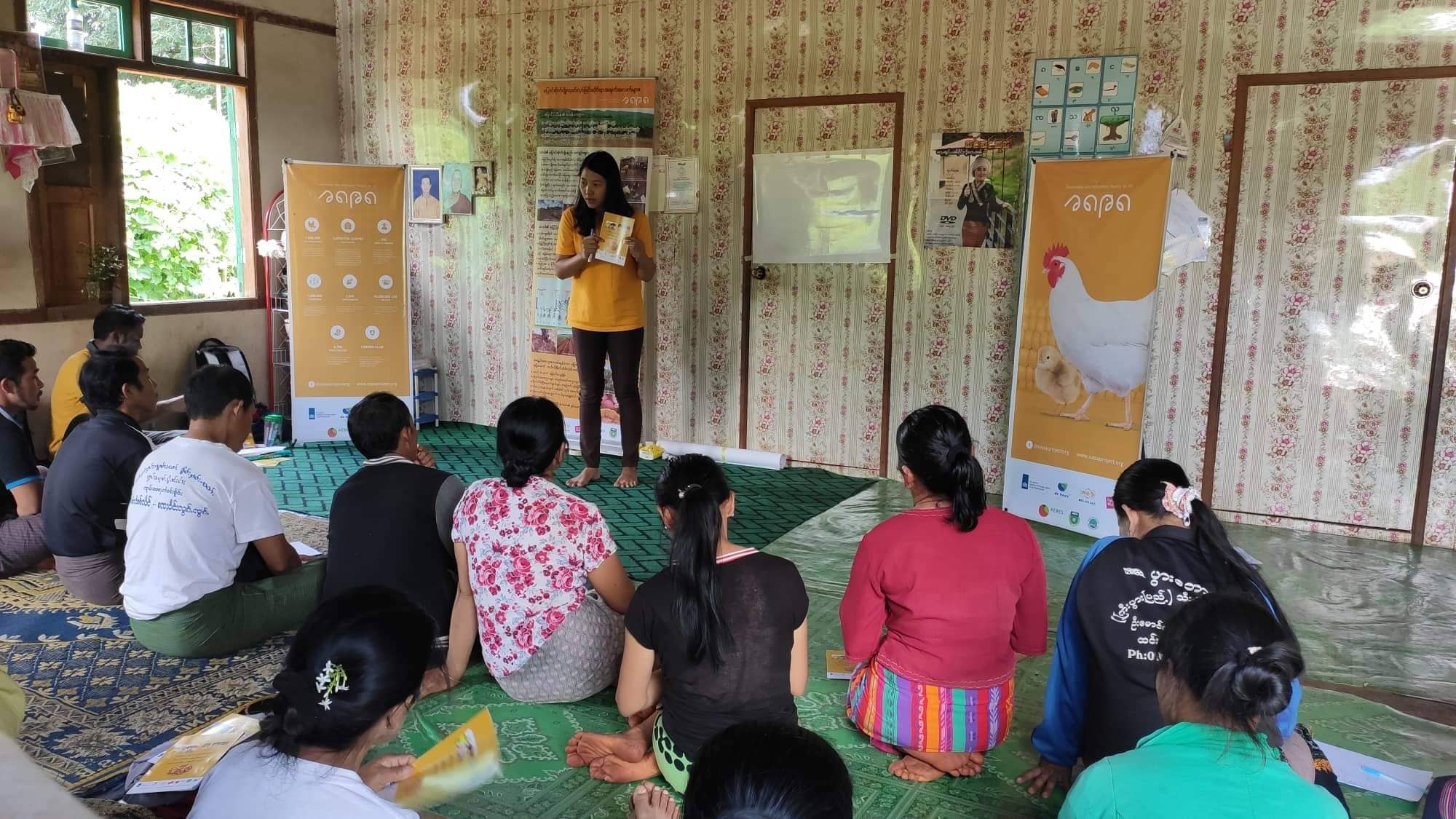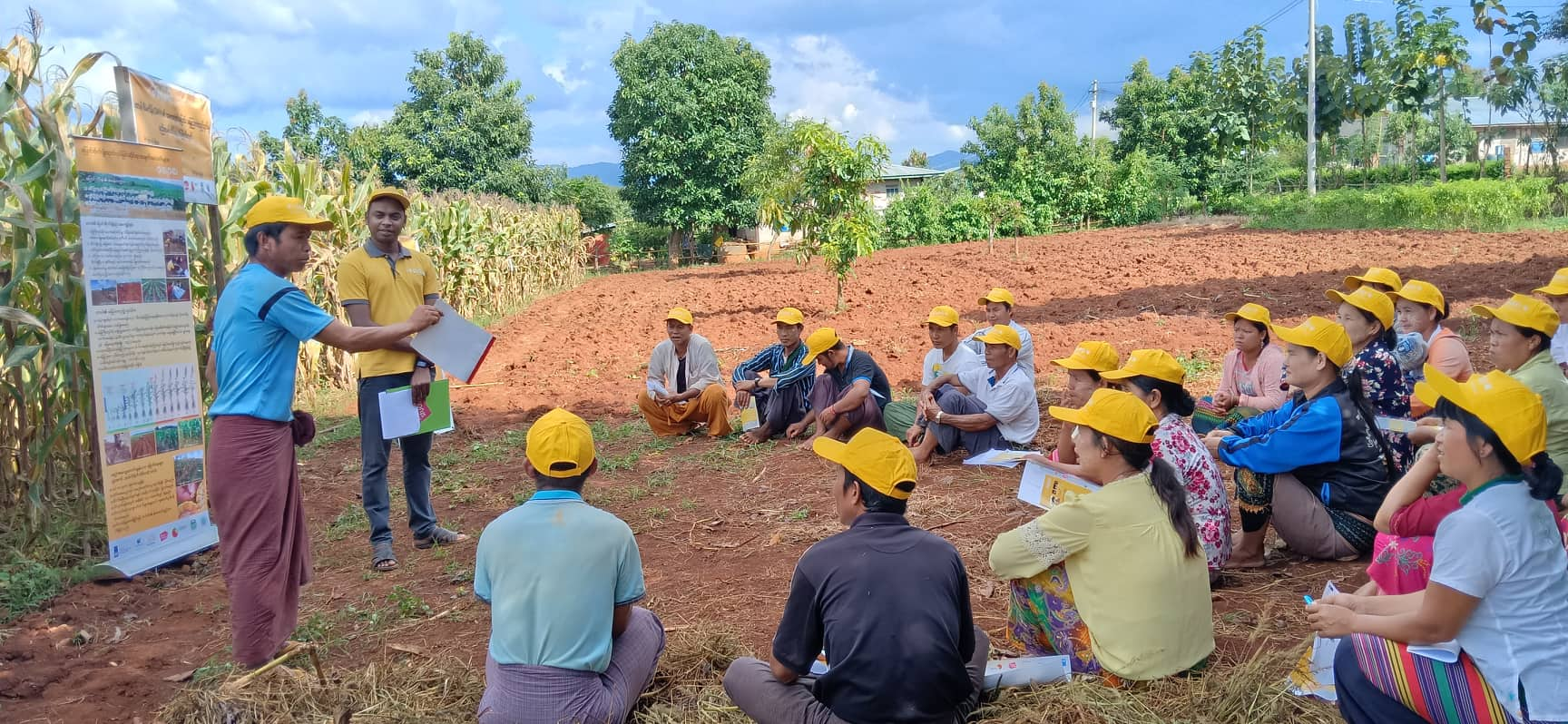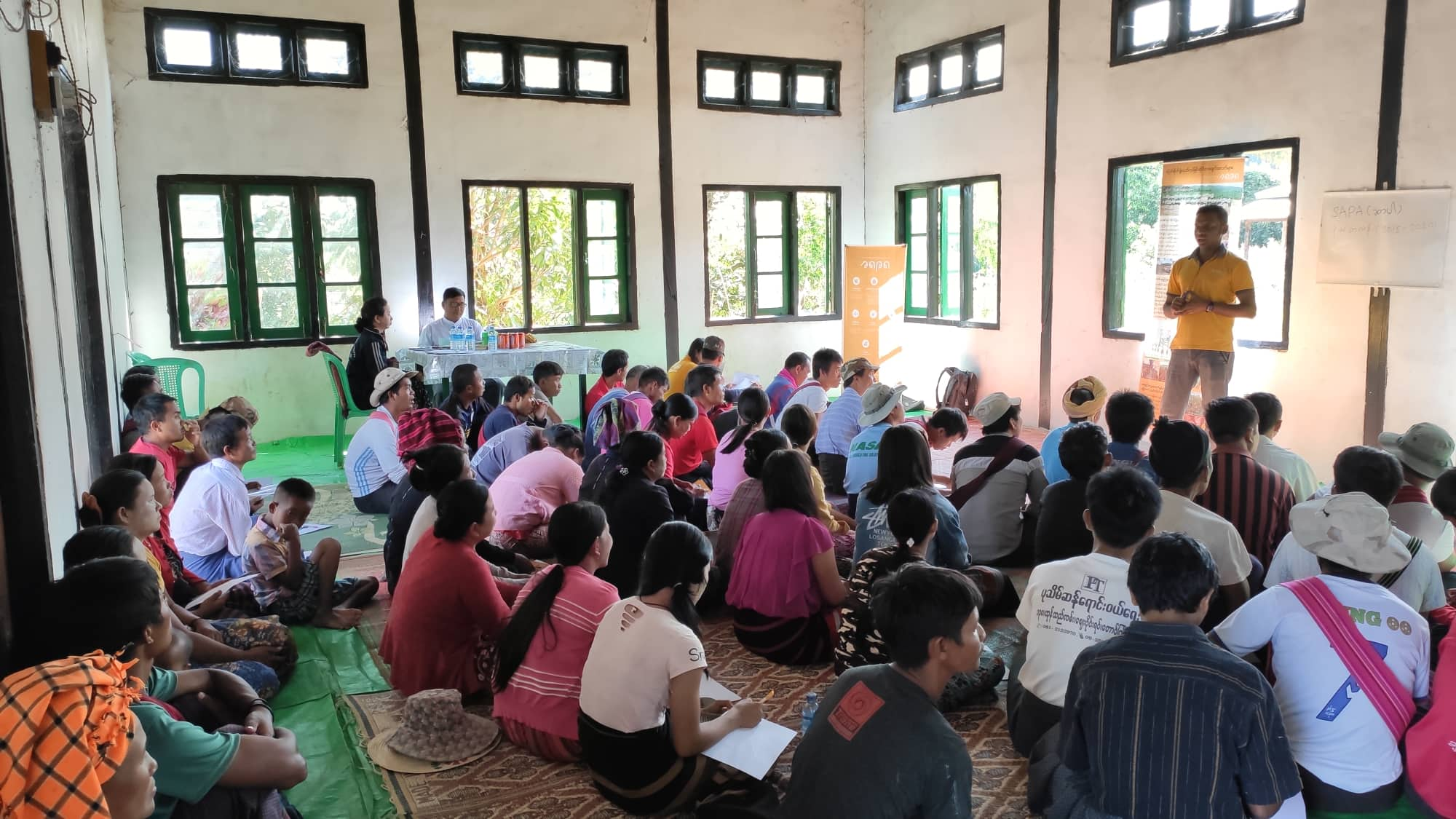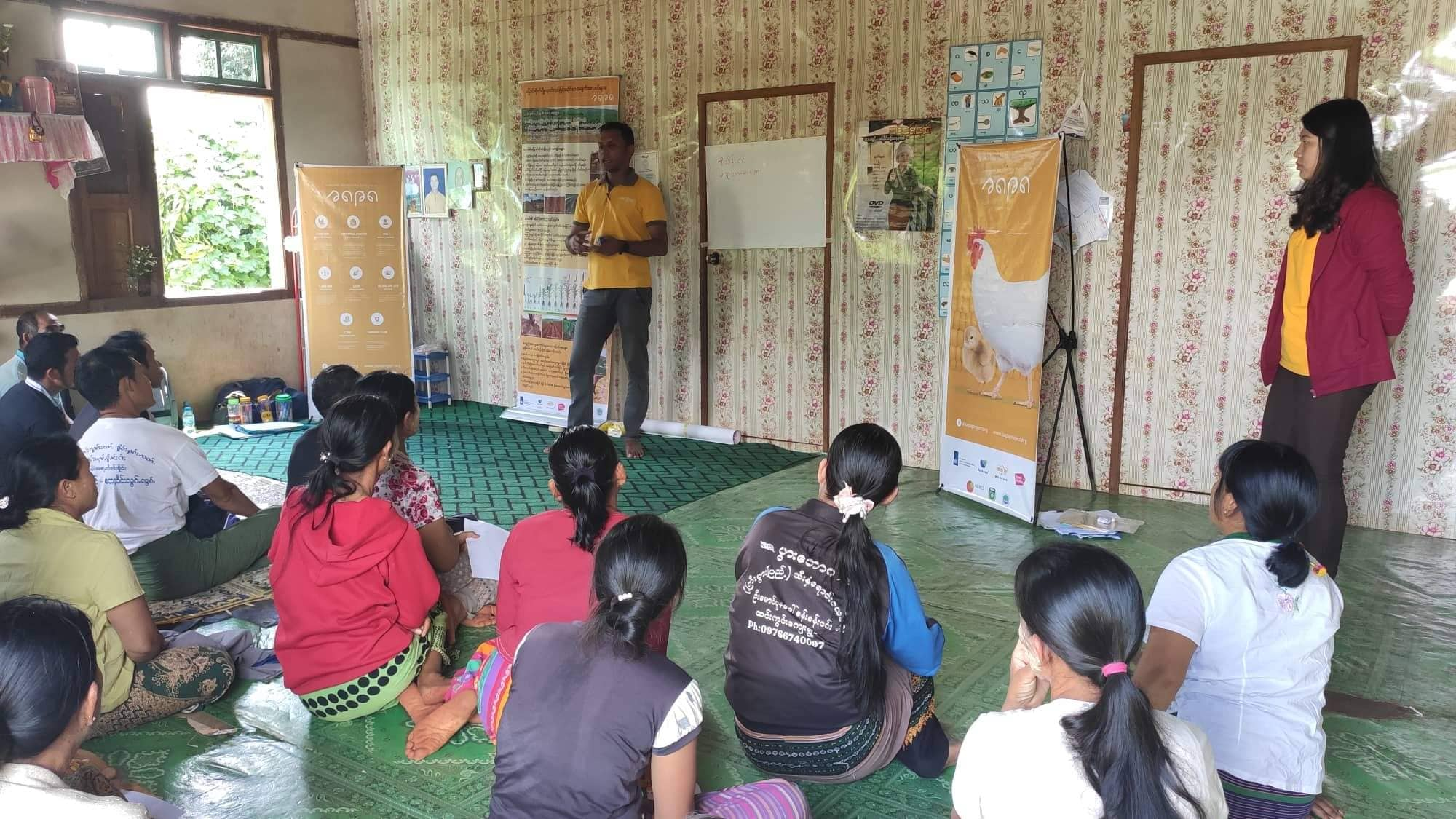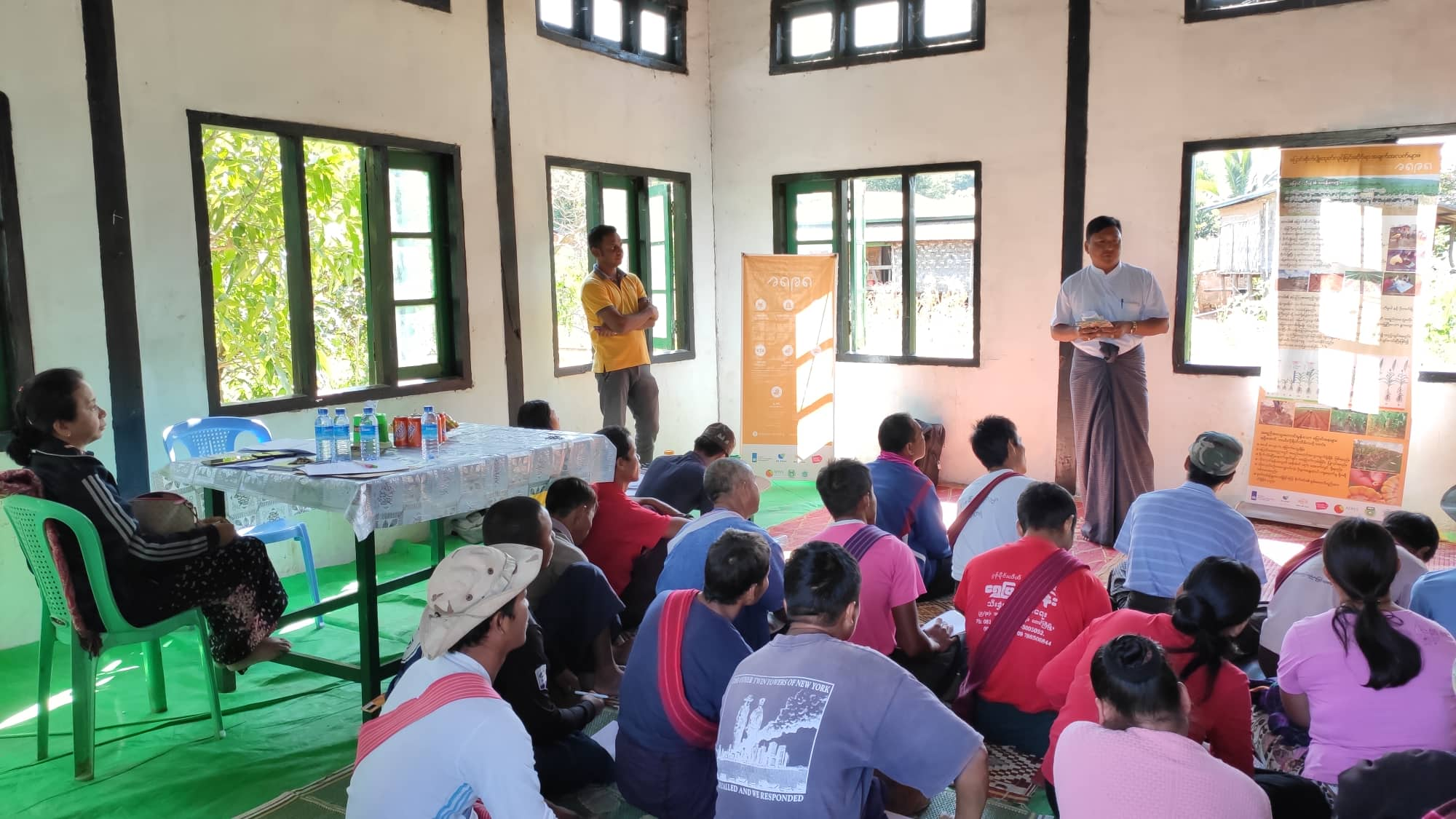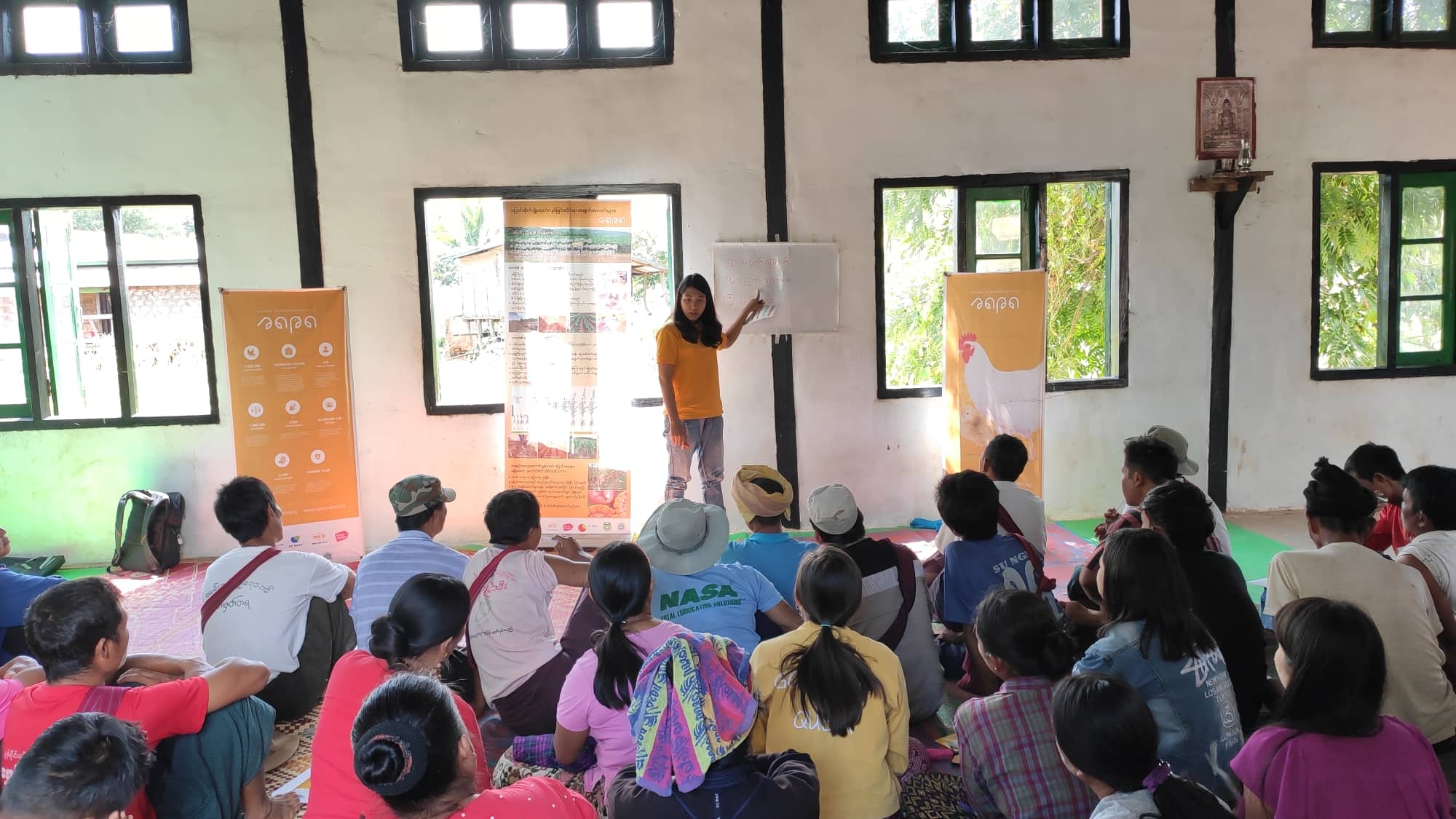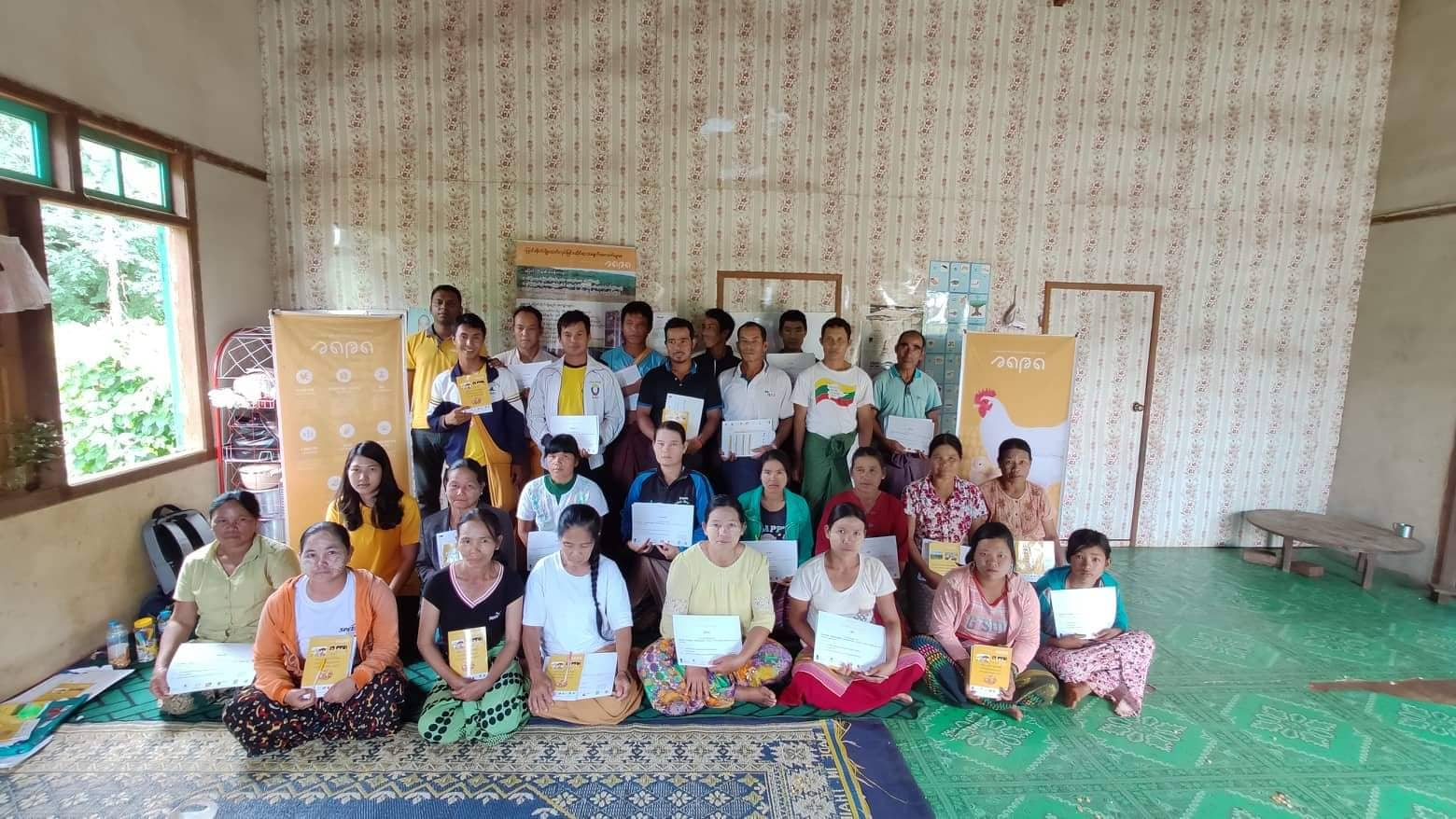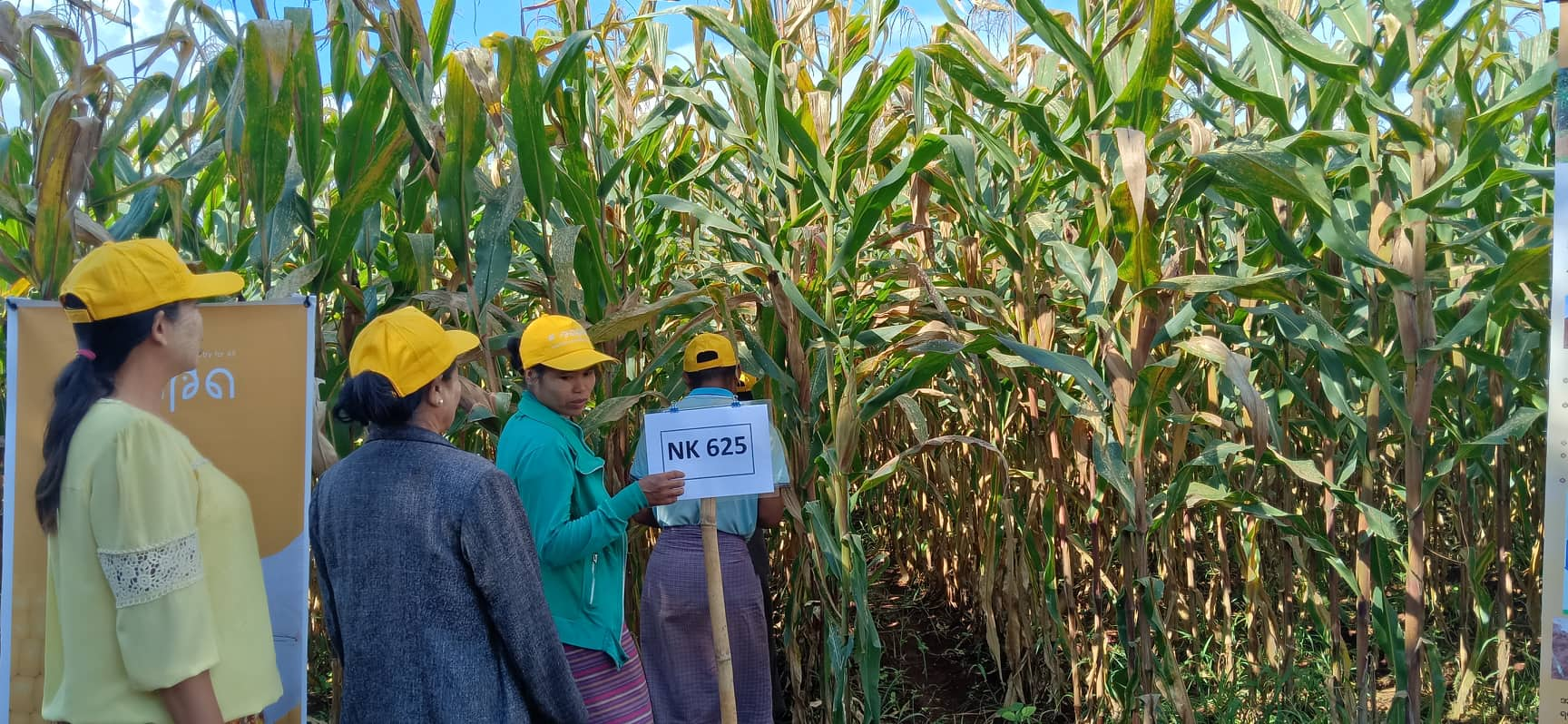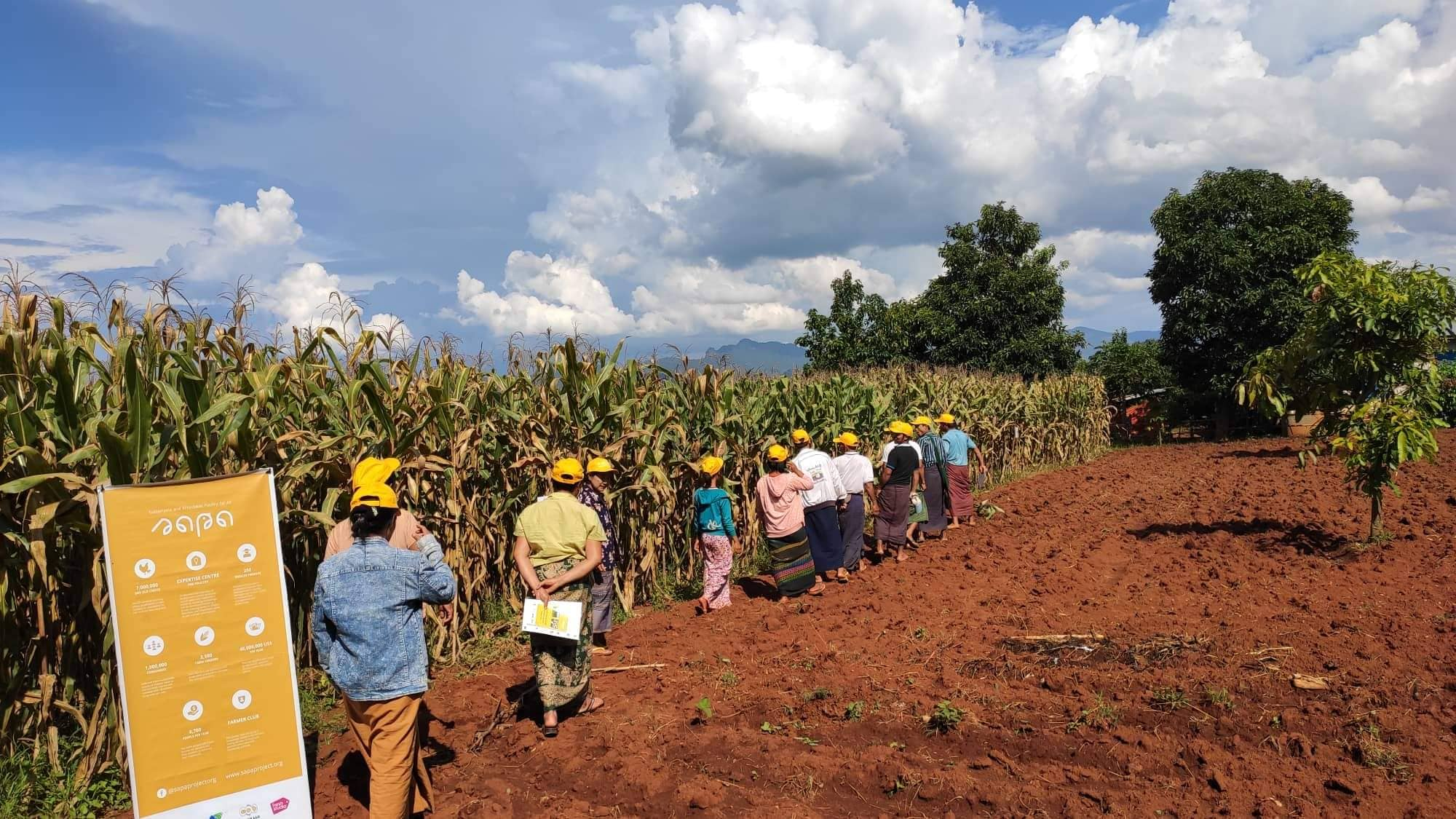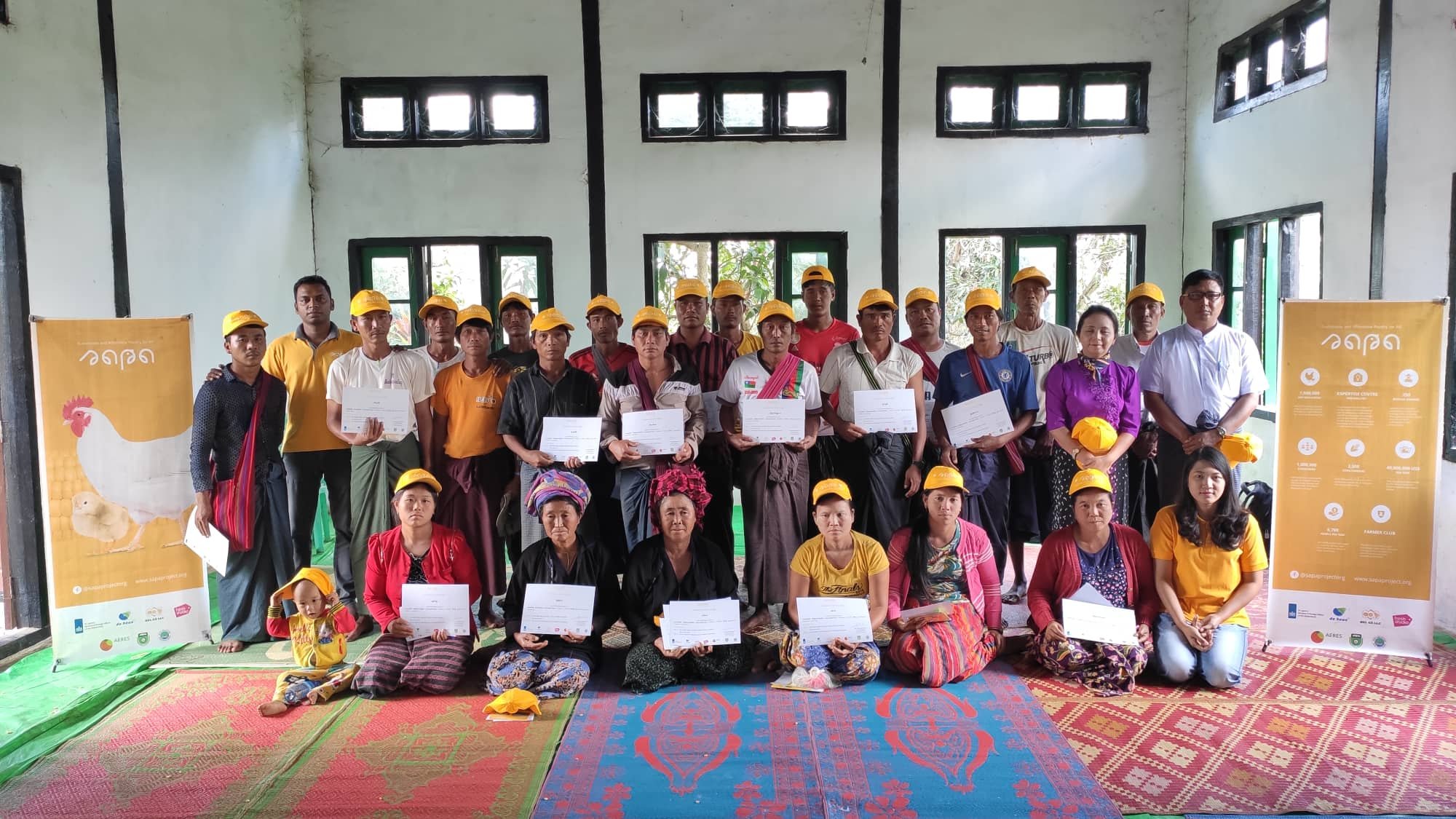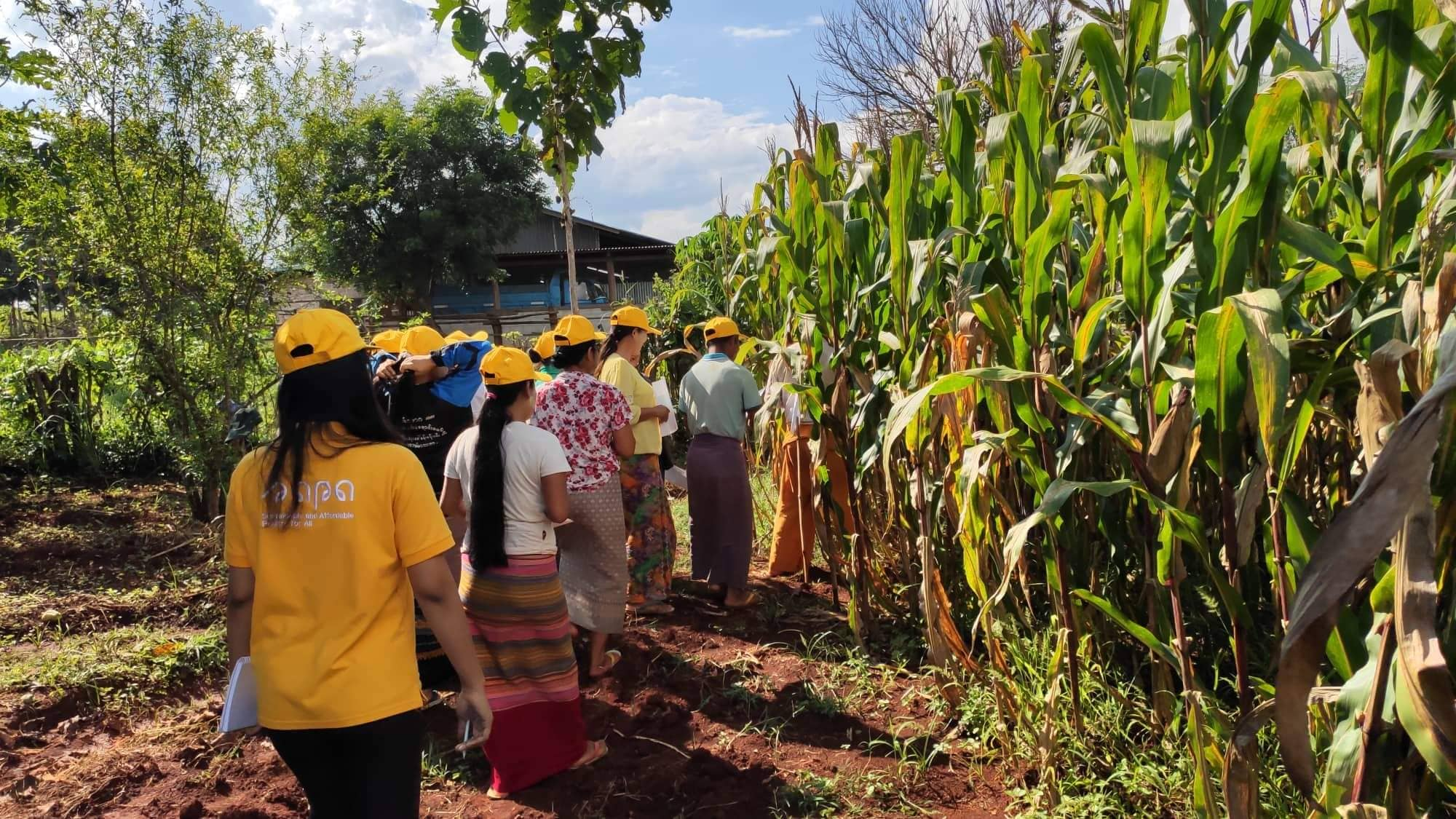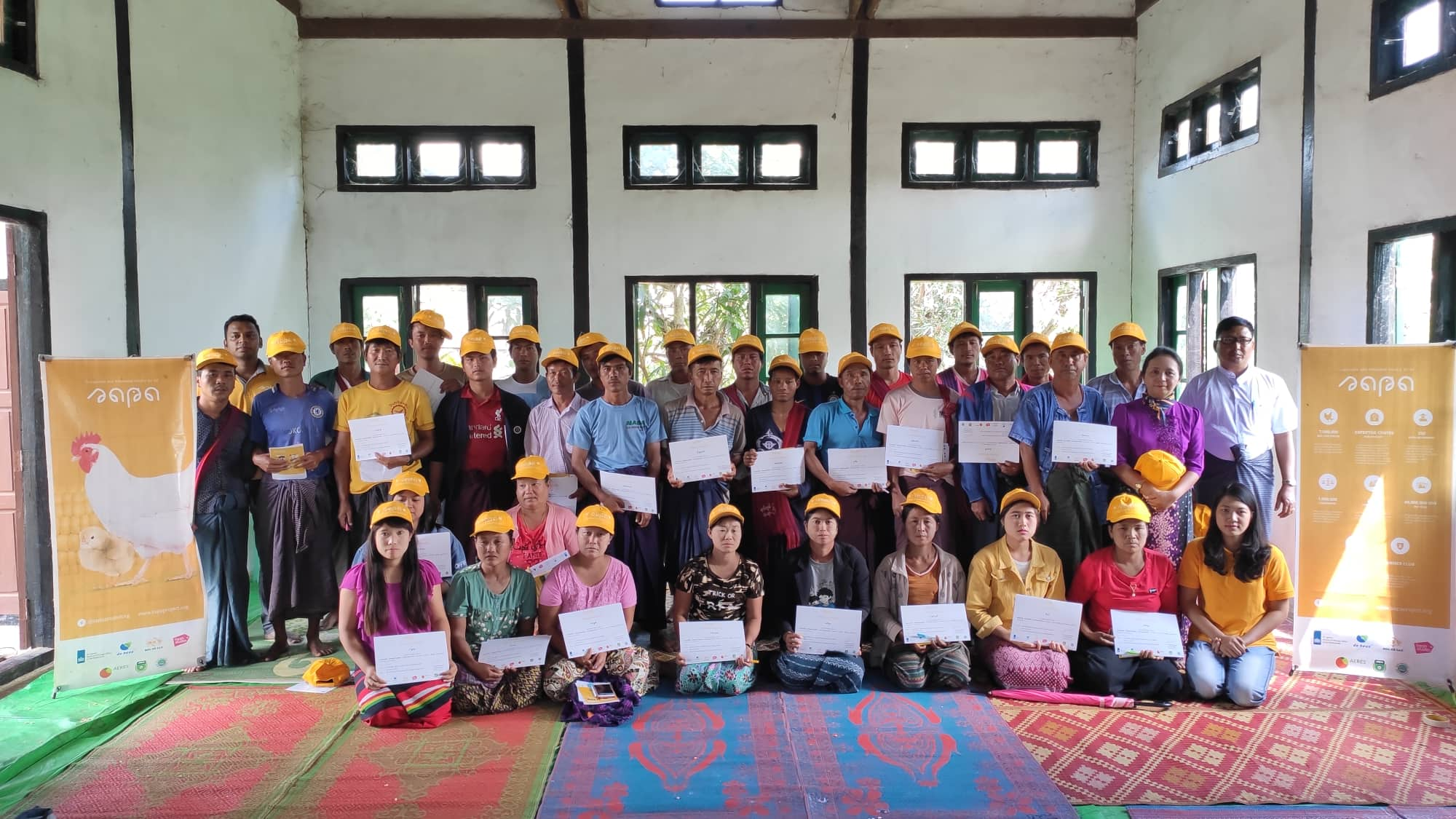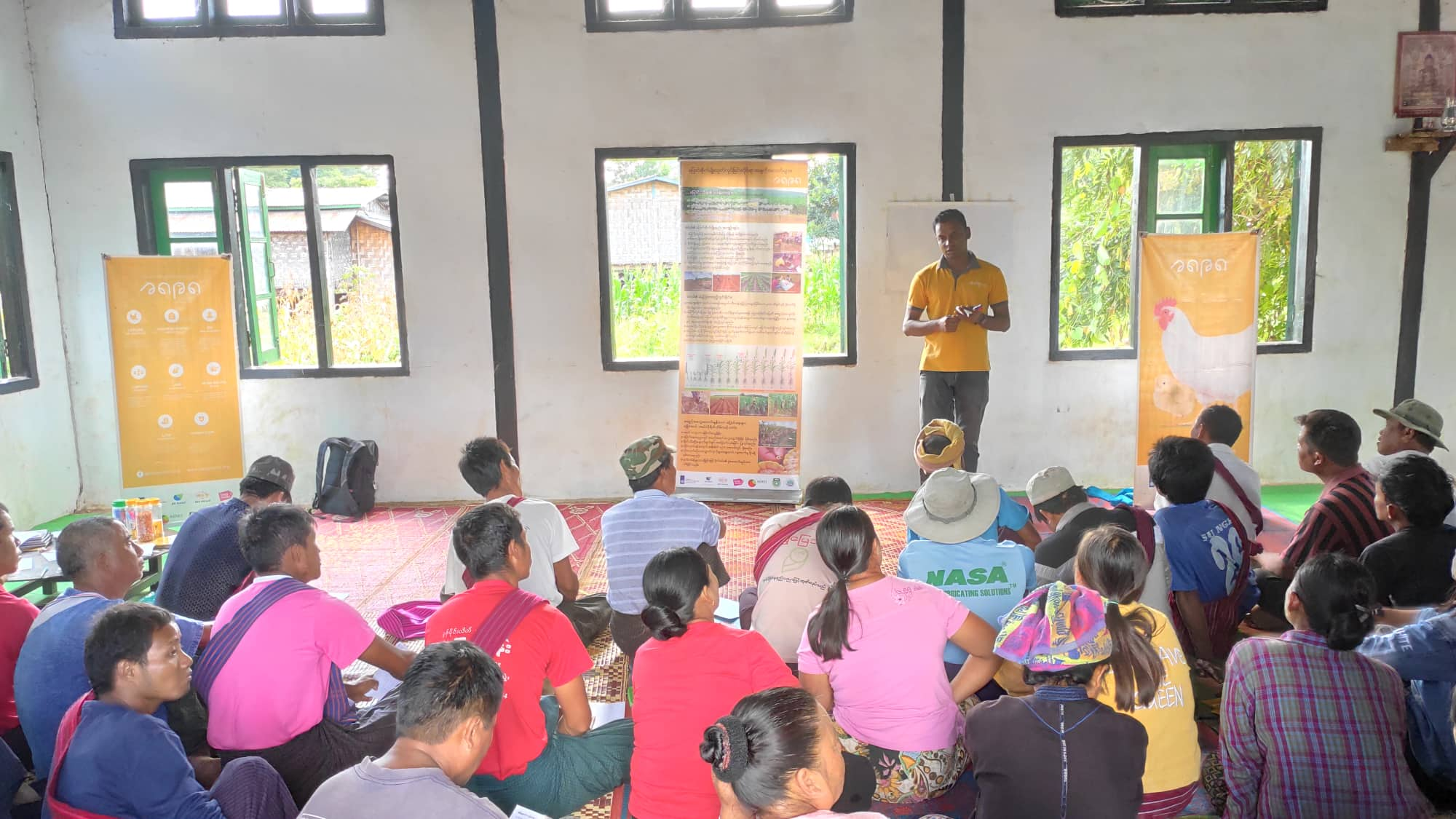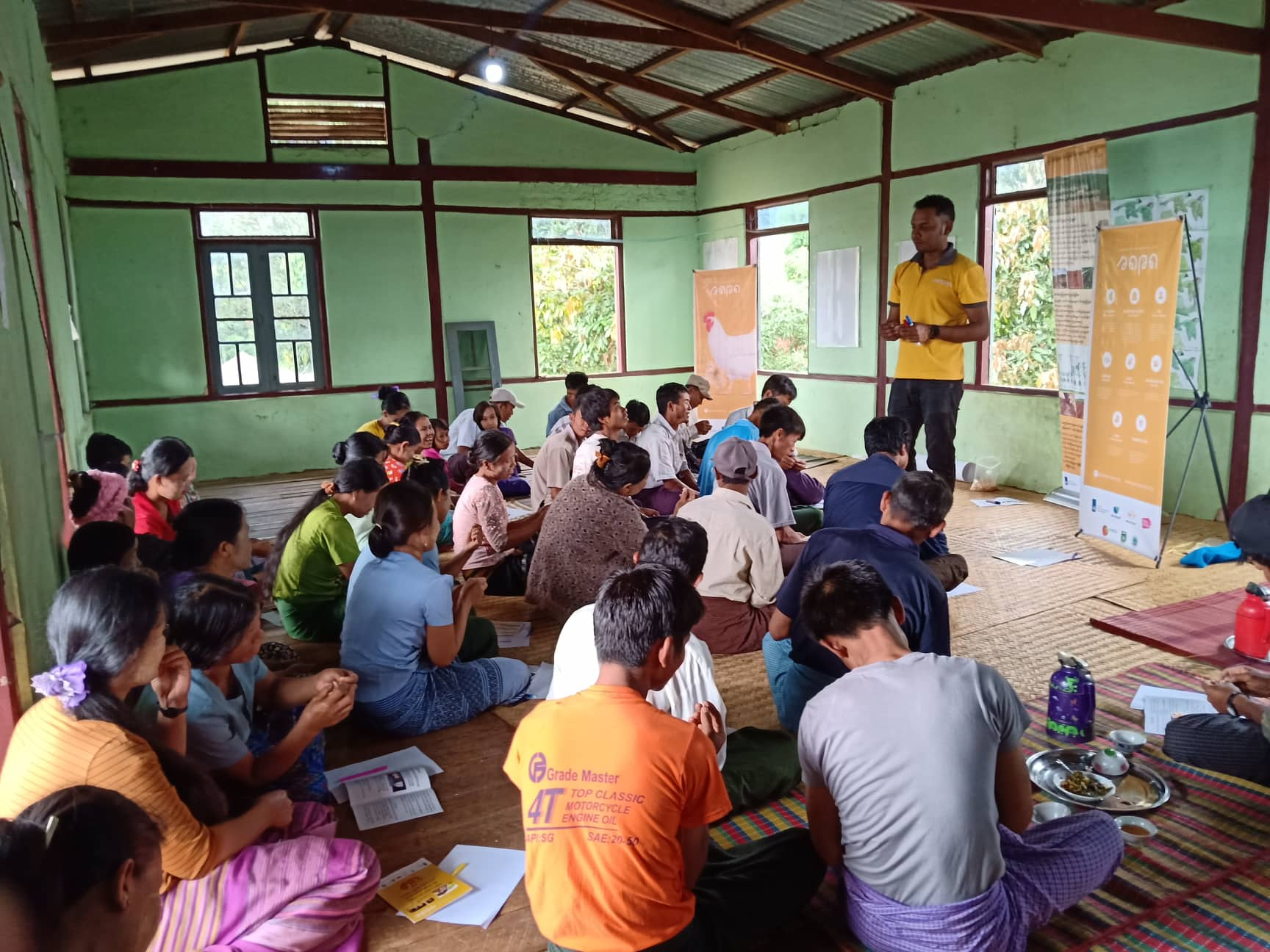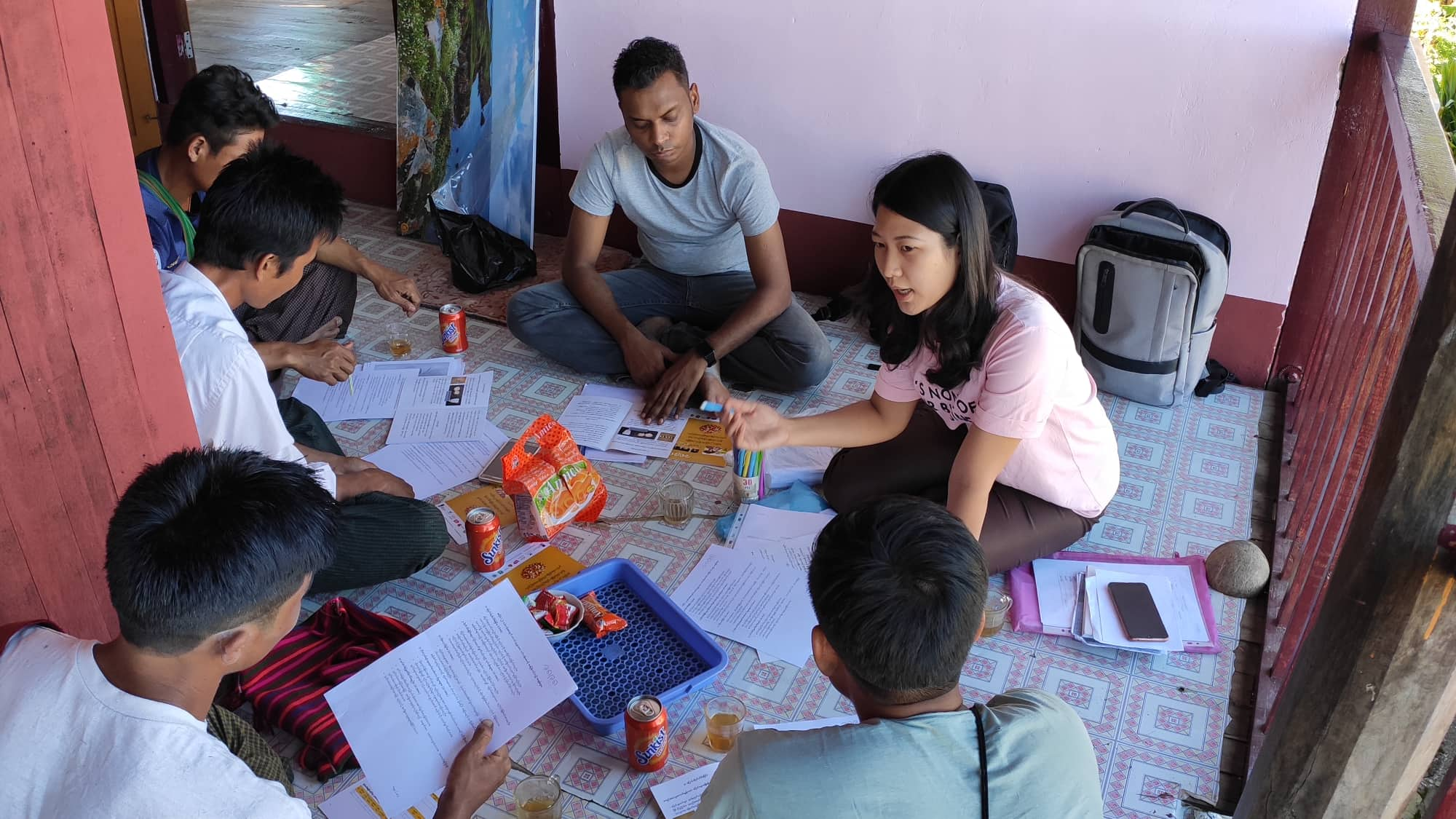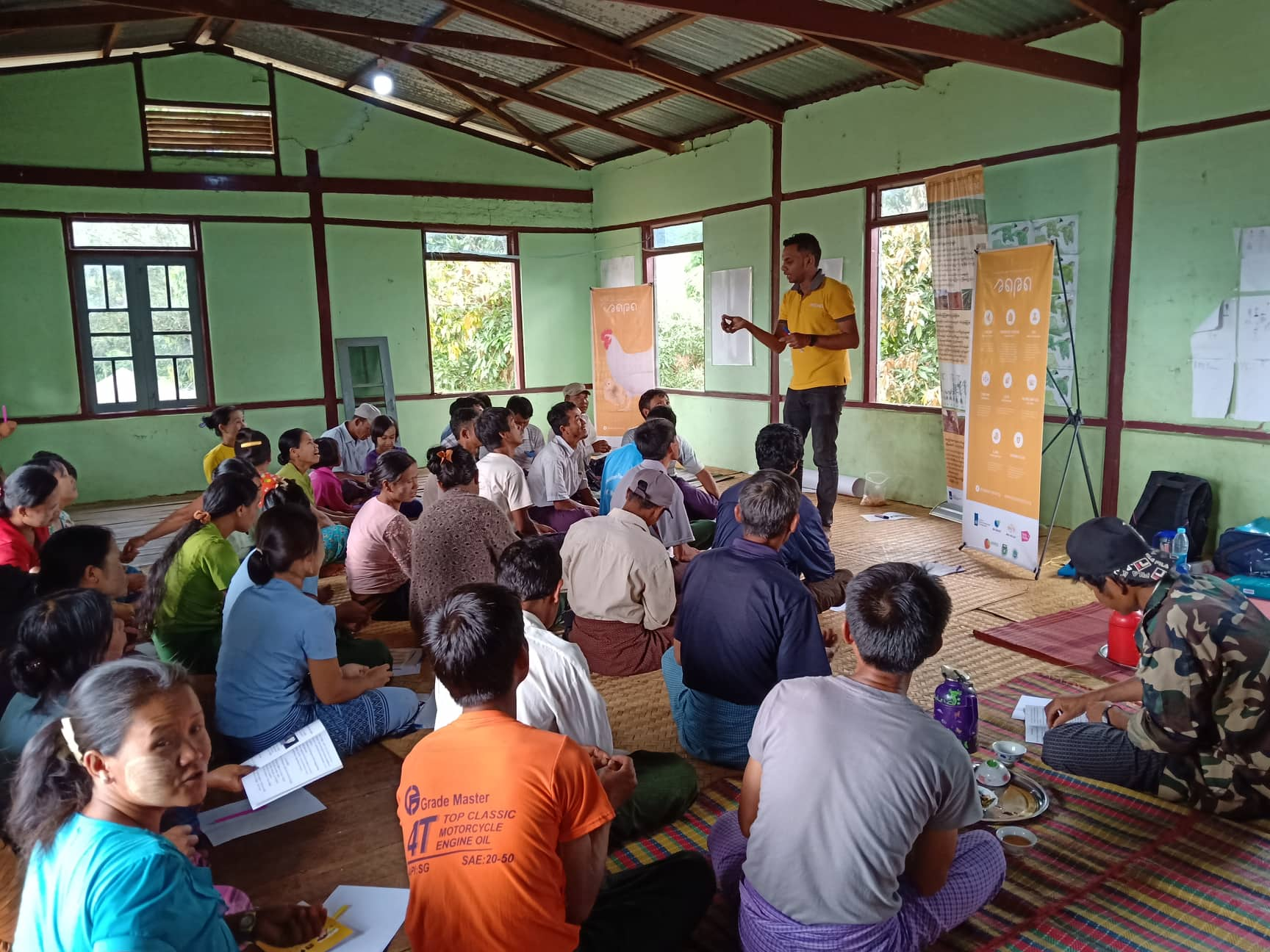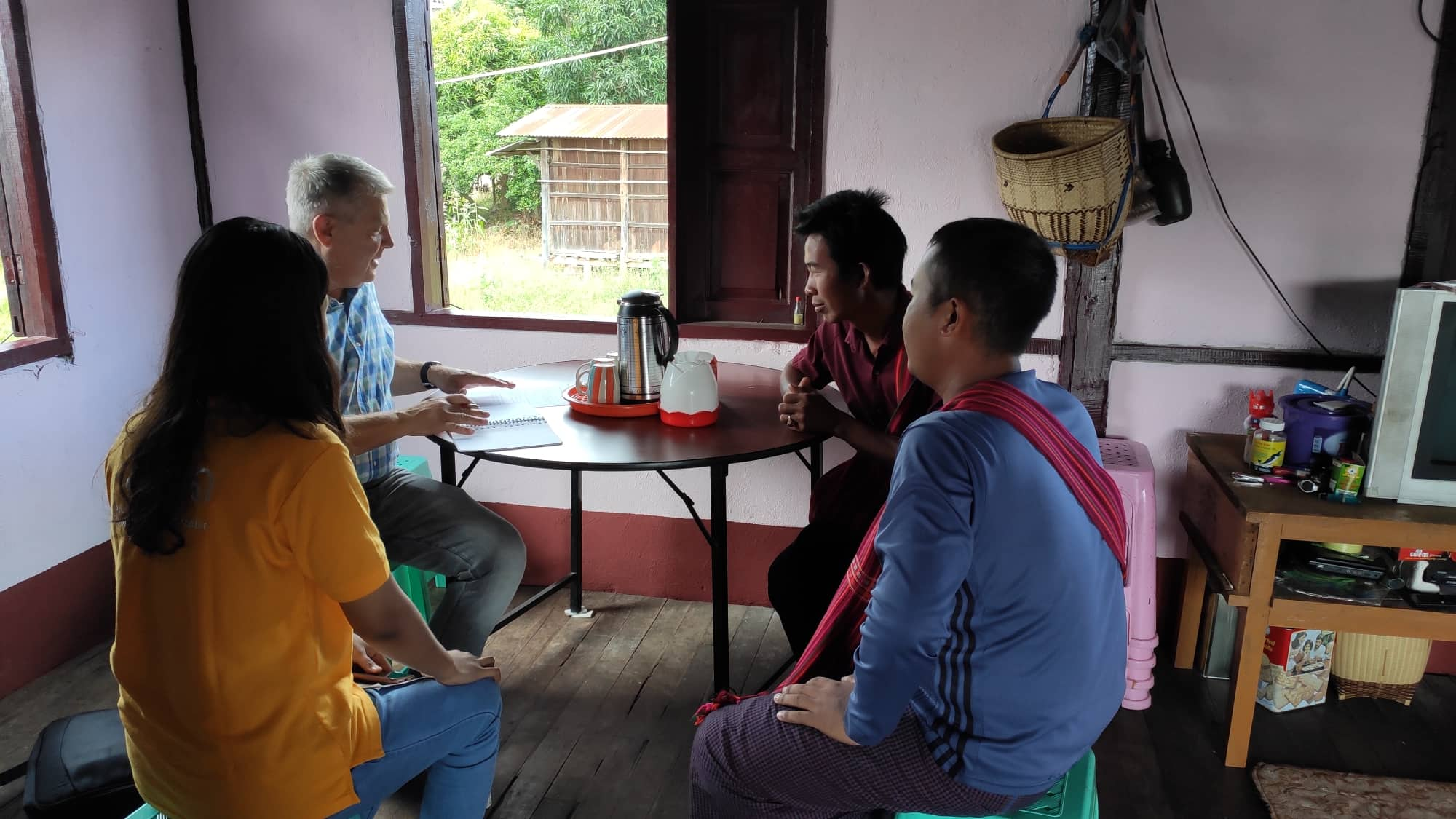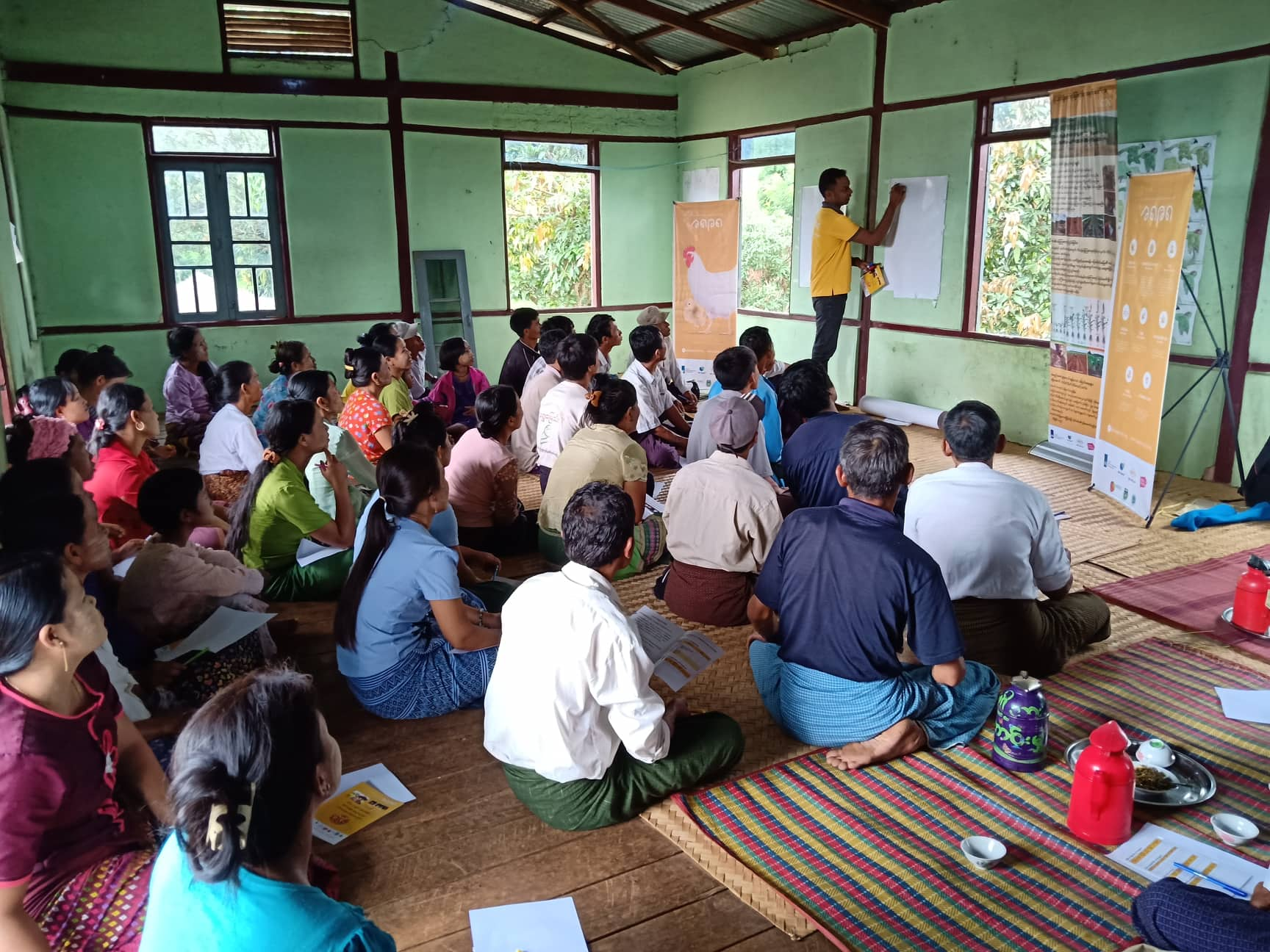The Third National Poultry Dialogue in Myanmar by SAPA Project
The 3 rd National Poultry Dialogue of SAPA Project has been organized on 22 nd September 2019 at Perfect Hotel, Mandalay. The third National Poultry Dialogue is mainly focused on sustainable production of broiler meat considering with
- mitigation on climate change effects upon broiler production
- least cost production for maximum profits and
- broiler production standards for higher quality production.
The main discussions were focused to find out possible solutions for climate effects and getting low price in market. As part of SAPA, four National Poultry Dialogues will be organized until 2020. The first national poultry dialogue of the SAPA project has been organized on 2 nd December 2017 at Park Royal Hotel, Yangon. The second National Poultry Dialogue has been held on 28 th November 2018 at Mingalar Thiri Hotel, Naypyitaw. The third National Poultry Dialogue was organized at Perfect Hotel, Mandalay. MLF is focal responsible organization for all National Poultry Dialogues as the local consortium partner of SAPA project. Different organizations from private sectors and government sectors are participated including MLF, Livestock Breeding and Veterinary Development, Myanmar Agricultural Service, De Heus, Fresh Studio, Bel Ga, American Chicken and New Hope and also many farmer representatives are attended.
Dr.Kyaw Naing Oo, Secretary of Livestock and Agriculture Committee, Mandalay was delivered the opening remark and he addressed that the event can provide linkages and find out solutions to improve livestock sector in Myanmar. Dr.Aye Maung Zan, Commercial Director of De Heus Myanmar explained about SAPA project activities and main outcomes of SAPA project.
Dr.Kyaw Htin, President of Mandalay Myanmar Livestock Federation and Representative of SAPA project presented short briefs about First National Poultry Dialogue and Second National Poultry Dialogue. And he highlighted on the importance of sustainable production with least production cost.
Group discussion for sustainable production was facilitated by Dr.Thet Khine from MLF. Participants discussed and considered to do on mitigation measures on climate change effects as
- Upgrading farm management practices and farm design
- Providing comfortable zone for broiler in open type system (18 to 25 degree C is optimum condition for broiler chicken) if close type system cannot be established
- DOC management technology (In system, practicing DOC to temperature resistant and training DOC to get well adopted in high temperature)
To minimize production costs and to maximize profits, participants discussed and recommended the following factors as
- Establishing public company or cooperatives to perform the whole value chain activities for broiler meat production
- Collective buying inputs to decrease the interest rate 8% (because broiler farmers need to pay 8% interest rate if they bought their inputs with credit)
- Integrated farming with fish pond and broiler farm
- To improve farming performance including for farm design, feed management, handling anti biotic and medicines, water quality, DOC management and waste management
- Promotion campaign to encourage chicken consumption.
And attendees suggested that Standards should not be established for only broiler farmers should be established but also for companies to control feed quality and DOC quality in Myanmar. Final National Poultry Dialogue will be held at Yangon and it will be come out with project results and forming broiler farmer club results. This event will be showcase of SAPA projects and will present and conclude all of project success story and lesson learns from projects within 5 project years. As main result of NPD, the coming event will bring collaborating between public and private sectors including government officials, MLF, De Heus and Fresh Studio and broiler farmers in Myanmar.





